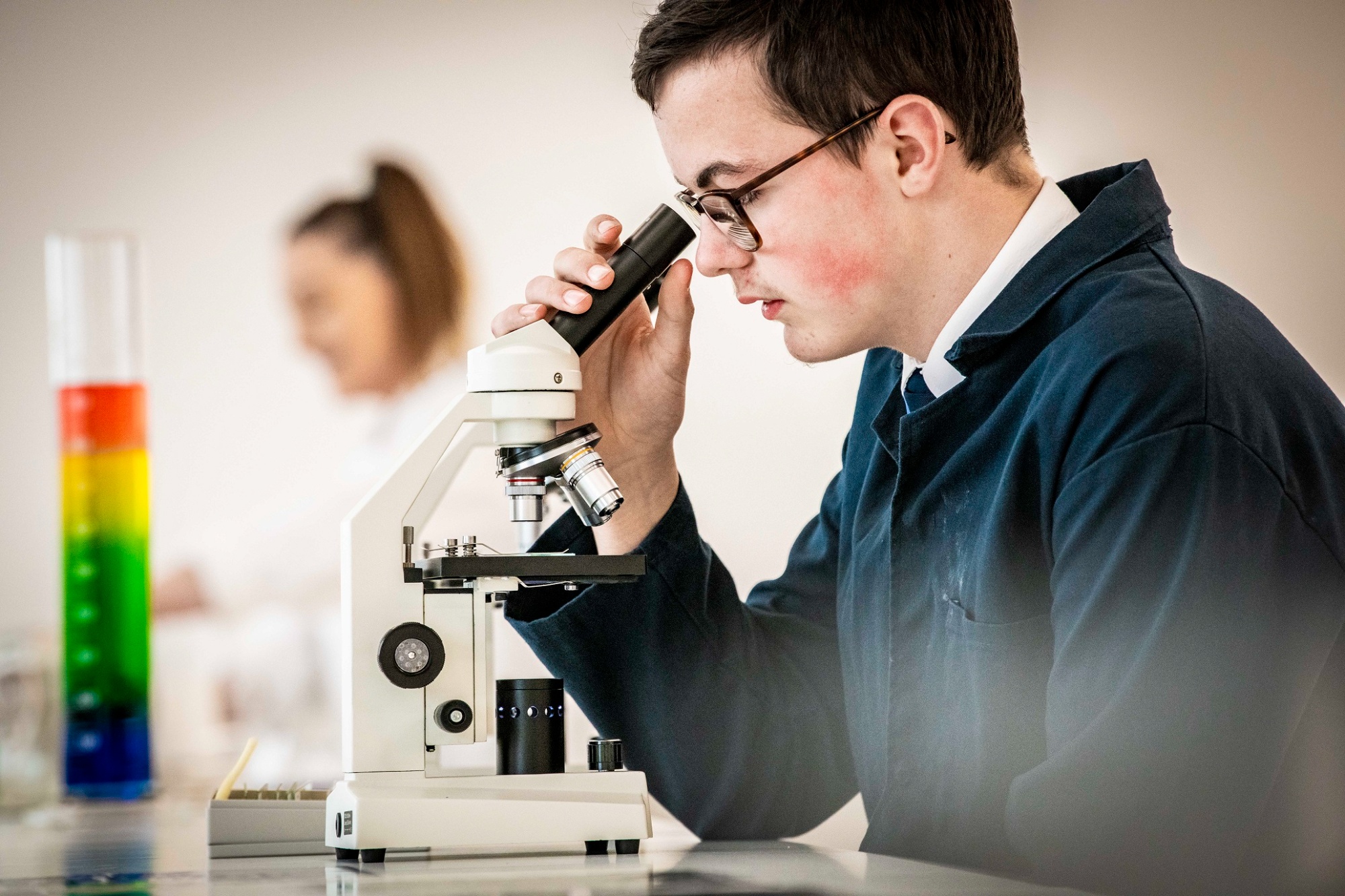 Welcome to Chemistry!
Welcome to Chemistry!
In Key Stage 3 we break down the study of science into 10 Big Ideas. The three Big Ideas that come under chemistry are matter, reaction and earth.
Year 7
Following our spiral curriculum methodology students in year 7 are taught about the particle model, separating mixtures, metals and non-metals, acids and alkalis as well as Earth’s structure. This means students are learning concepts like the structure of atoms in solids, liquids and gases, how different metals react to form compounds and the neutralisation reaction that occur between acids and alkalis.
Year 8
In year 8 students build upon their prior learning by studying the Universe, the Periodic Table, elements, chemical energy and types of reaction. This includes ideas such as the rationale behind the ordering of the modern periodic table and how to measure exothermic and endothermic reactions.
Year 9
In year 9 students will round off the ks3 syllabus by studying the Earth’s climate and its resources, they will learn about how human activities are impacting our changing climate and how we access and use Earth’s natural resources. Students will then bridge the gap to GCSE by studying some of the underpinning concepts of chemistry such as the concept that matter is composed of tiny particles called atoms and there are about 100 different naturally occurring types of atoms called elements.
Year 10
Once students get underway with their GCSE study in year 10, the programme of study in chemistry can be broken down into 10 major topic areas. These are Atomic structure and the periodic table, Bonding, structure and the properties of matter, Quantitative chemistry, chemical changes, Energy changes, The rate and extent of chemical change, Organic chemistry, Chemical analysis, Chemistry of the atmosphere and Using resources.
Click the document below to read our full chemistry learning journey.
